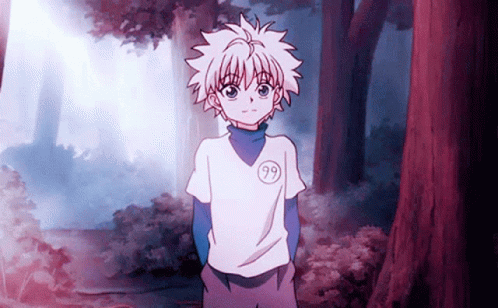
Hello holotrainers!
On this blog, I often talk at length about a category of video games that I've since rediscovered my passion: independent games, or indie games. At this point, they represent the future of an industry struggling with poorly developed and overpriced AAA titles.
They are the perfect escape valve for players disillusioned with major companies, and they also offer a unique opportunity for independent developers or small studios to find a market and players to release new and sometimes even better games than we expect.

Being an indie developer is far from easy. Over the years, I've noticed that more video games are canceled before they even have a chance to be released than actually make it to market and achieve some success. The level of stress and suffering endured by some of these developers is considerable, either due to insufficient funding or simply lacking the capabilities of larger studios.
Despite being supported by a fairly large player community on Hive, I think Holozing still falls into that category of indie games that often teeter on the brink of release. or simply be canceled, and this title is especially complex due to everything involved in Web3 development.

The main problem with many previous blockchain games is that they wanted to be banks before they were games. They became obsessed with economies, token value, ROI (ugh, that damned word!), and forgot the basics: that people want to have fun, not feel like accountants while killing monsters. And therein lies the great opportunity for Holozing: remembering that it's a video game first, then blockchain, not the other way around.

Another classic mistake that Holozing can avoid is promising more than it can deliver. An indie developer doesn't have 400 employees or a budget to burn millions on marketing. And that's fine. What's not fine is trying to sell a globally scaled MMORPG when you're barely building a prototype. It's CRUCIAL to manage expectations.
Then they release it, and the game is literally a clicker in disguise. People feel cheated, players disappear, and the token melts

Holozing, on the other hand, has the advantage of being known as a small, honest project that can say, “Look, this is who we are, and we’re taking it one step at a time.” That transparency is invaluable. It’s better to showcase a small, well-functioning game than a giant fantasy that never materializes. And since it’s indie, it has the luxury of experimenting without the absurd pressure of investors breathing down its neck.

Another critical point: the community. In blockchain, the community is literally the engine or the graveyard. And many games have treated it like a bank customer, not like players who want to feel part of something. The good thing is that Holozing, if it maintains that direct contact, that “we’re building this together” vibe, can create a solid base that isn’t there just for the token, but because it feels like it’s part of the project.
It's a HUGE challenge; there are so many steps to take before launching. It feels like a rollercoaster for developers. Little by little, as my mother would say, the goals are achieved and trust is built within the community.
